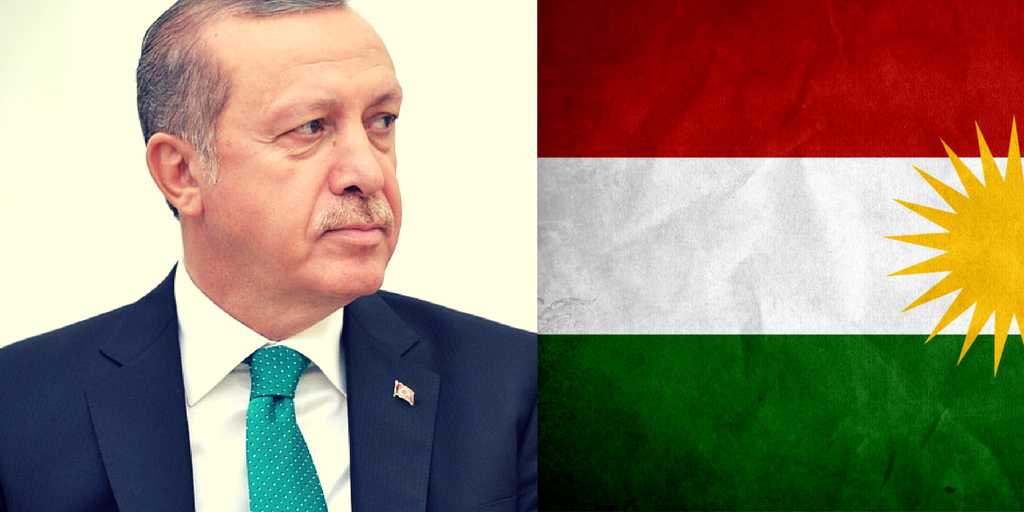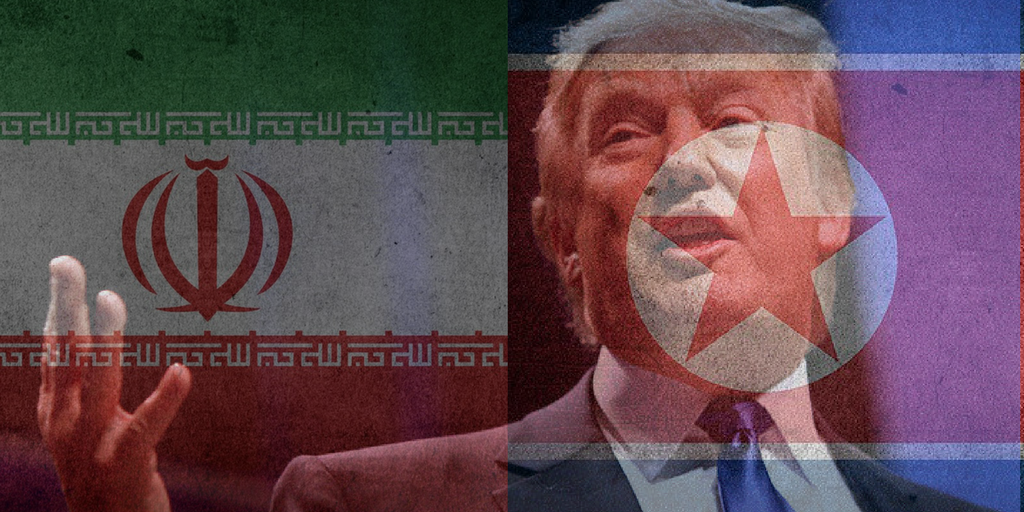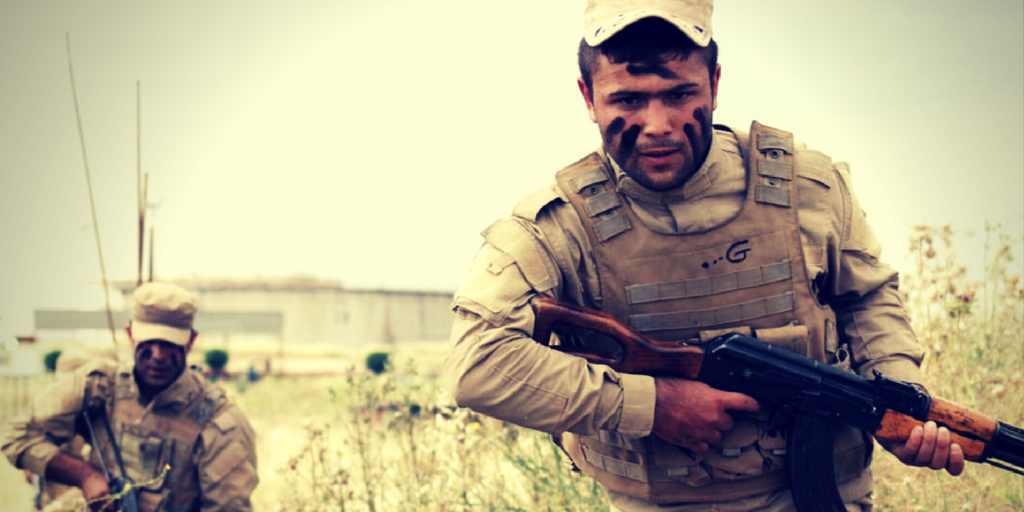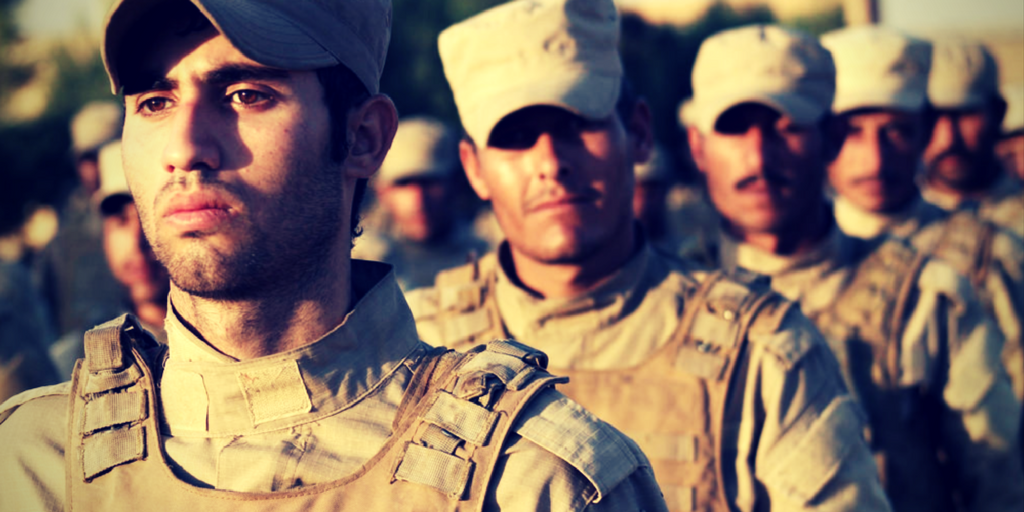The Kurdish held area of Afrin in North West Syria is under imminent threat of Turkish invasion as the Turkish armed forces are amassing on the border. With the Russian army pulling back from the area, many see this as a tacit approval for Turkey’s invasion.
Rudow reported if Turkey attacks Afrin, “Turkey will be plunged into a swamp, politically and militarily – there will be an historical resistance against Turkish occupation in Afrin and Shahba regions,” Mehmud Berxwedan, commander of Kurdish YPG forces in Afrin, told Voice of America’s Kurdish radio service on Friday.
Syrian Kurdistan is comprised of three autonomous cantons along the Turkish border. The further strengthening of these areas is a development that Ankara fears may lead to the emergence of an autonomous or independent Kurdish entity along its border and spark a legitimate secession movement for its own nearly 20 million Kurds.
While Kurds are the traditional indigenous people of the area, spanning across Turkey, North Syria, Northern Iraq, and Western Iran, Turkey’s President Erdogan called them terrorists.
Turkey’s deputy Prime Minister Numan Kurtulmus told Reuters on Wednesday that Turkish military preparations in northwest Syria are “legitimate measures against a threat from Kurdish forces in the Afrin region, and Turkey will retaliate against any hostile move.” He added in an interview that “This is not a declaration of war. We are making preparations against potential threats” adding that “It’s … a legitimate measure so that we can protect our independence. We cannot remain silent against those sending missiles from Afrin.”
An attack on Afrin wil seemingly destablize the entire region and would threaten to draw the wider American back SDF and Iraqi KRG into the conflict. Will Afrin start a wider regional war? That is up to Erdogan and Turkey’s ability to reign in their appetite for expansion. If Erdogan does go in, the Trump administration will have to decide to openly turn against another NATO member on behalf of the Kurds or back stab the Kurdish people like previous administrations.








